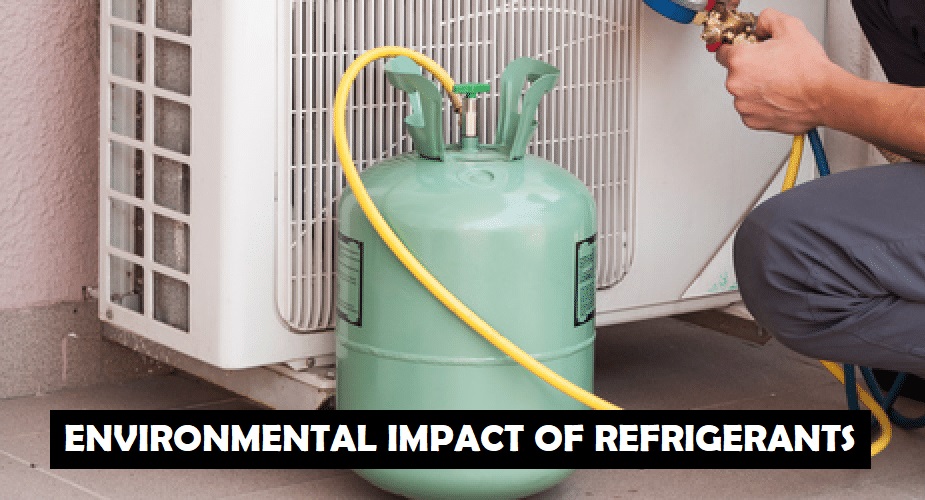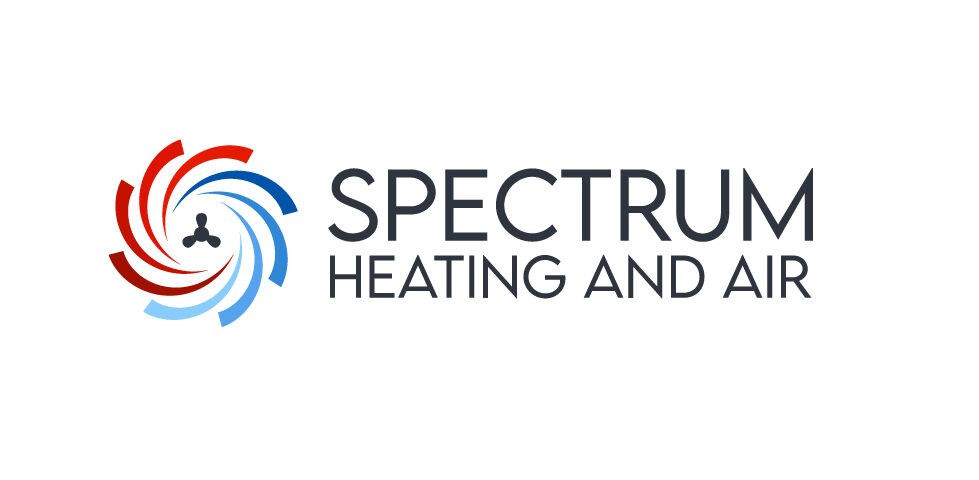In recent years, concerns about the environmental impact of refrigerants have taken center stage in the HVAC (Heating, Ventilation, and Air Conditioning) industry. As we become more conscious of our carbon footprint and the effects of climate change, it’s crucial to understand how HVAC services are actively addressing these concerns. This article will delve into the various strategies and technologies employed by HVAC professionals to minimize the environmental impact of refrigerants.

The Role of Refrigerants in HVAC Systems
Understanding Refrigerants
Refrigerants are substances used in HVAC systems to facilitate the cooling and heating processes. They circulate through the system, changing from a gas to a liquid and back again to absorb and release heat, thereby regulating the temperature indoors. Traditionally, chlorofluorocarbons (CFCs) and hydrochlorofluorocarbons (HCFCs) were commonly used refrigerants, but they posed significant threats to the ozone layer and contributed to global warming.
Environmental Concerns
The use of harmful refrigerants led to a growing concern about their environmental impact. These concerns include ozone depletion and greenhouse gas emissions, both of which have far-reaching consequences on the environment and human health.
Addressing Environmental Concerns
Transition to Environmentally Friendly Refrigerants
To mitigate the environmental impact, HVAC services have made a significant shift towards using more eco-friendly refrigerants, such as hydrofluorocarbons (HFCs) and hydrofluoroolefins (HFOs). These newer refrigerants have a lower global warming potential (GWP) and do not harm the ozone layer.
Improved Refrigerant Management
HVAC professionals have also improved refrigerant management practices. They now focus on reducing refrigerant leaks, ensuring proper disposal, and adopting responsible recycling methods. This not only minimizes environmental damage but also helps save costs for both service providers and customers.
Energy Efficiency Measures
Enhancing the energy efficiency of HVAC systems plays a crucial role in reducing the environmental impact. Regular maintenance and upgrades can improve the overall efficiency, resulting in less energy consumption and lower greenhouse gas emissions.
Advanced HVAC Technologies
Variable Refrigerant Flow (VRF) Systems
VRF systems have gained popularity for their energy-efficient performance. They adjust the flow of refrigerant to match the heating or cooling demands of different areas within a building, reducing wastage and energy consumption.
Geothermal Heat Pumps
Geothermal heat pumps utilize the stable temperature of the Earth’s crust to provide efficient heating and cooling. They rely on a closed-loop system with a minimal need for refrigerant, making them an environmentally friendly choice.
As concerns about the environmental impact of refrigerants continue to grow, HVAC services have stepped up their efforts to address these issues. Through the adoption of eco-friendly refrigerants, improved management practices, and advanced technologies, HVAC professionals are actively working towards a greener and more sustainable future.




